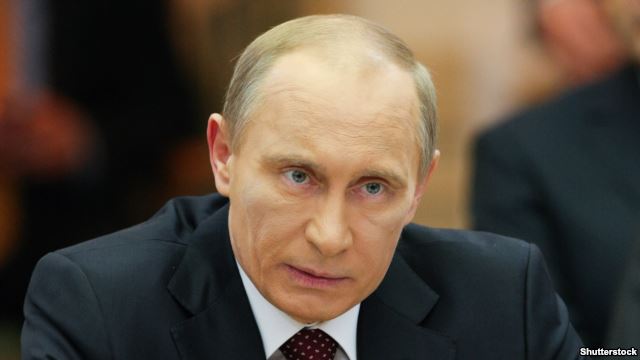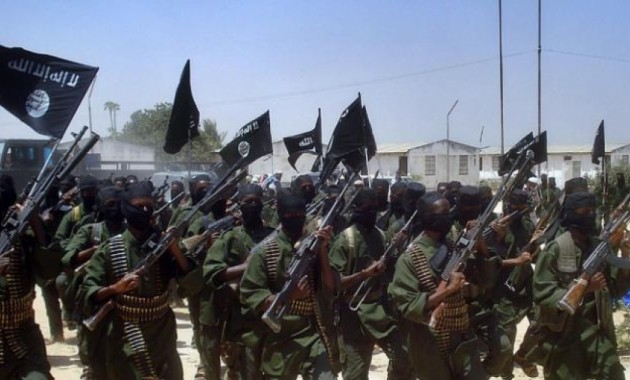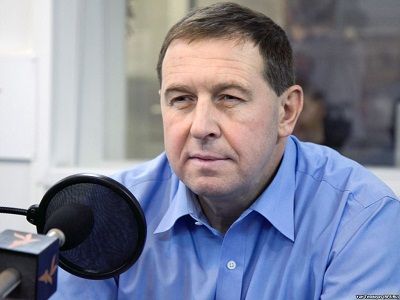Vladimir Putin managed to accomplish everything before December 1, 2014. Since the moment of Crimea’s annexation in March, which began the conflict in the East, and which has not been seen since the end of the Cold War, Moscow had asymmetric advantages: it was ready to use force to achieve its goals in Ukraine and, possibly, not only there. However, the West was not prepared for it.
This week it turned out that Russia’s short-term advantages were overshadowed by the weaknesses in its structure.
Numerous things point to that.
First, the ruble. The Russian currency is suffering double pressure: the sanctions and the fall in fuel prices. On December 1 it went through the biggest single-day fall since 1998, having first crossed the psychological barrier of 50 rubles per dollar.
Second, oil. The price on the product which is the basis of the Russian economy fell 25% since the summer. The decision not to decrease oil extraction approved by the OPEC on December 1 led to a fall in Brent oil prices to less than 70 USD per barrel. It is expected that even this price, the lowest in five years, will continue to decrease.
Jokers ask what the ruble, oil and Putin have in common, saying that all of them will reach the number 63 next year.
And, of course, the South Stream case. After talking to Turkish Prime Minister Recep Erdogan on December 1, Putin announced that Russia would not build the South Stream gas pipeline which, according to the Kremlin’s plans, was supposed to circumvent Ukraine and allow Moscow to have even more control over the south of Europe. Russia was unable to satisfy the demands of the EU that gas extraction and transportation cannot be monopolized by a single company.
No South Stream: Putin’s diplomatic failure
New York Times observer Andrew Roth wrote that not building the South Stream became Putin’s “rare diplomatic defeat,” and “seemed to be a rare victory for the European Union and the Obama administration, which have appeared largely impotent this year as Mr. Putin annexed Crimea and stirred rebellion in eastern Ukraine.”
These troubles coincided in time for the Russian President, but they were absolutely predictable. Just like those which will emerge in the nearest future.
Russia’s main source was its integration into the world economy, and it was regarded as a respectable member of the global community, while it disregarded the general rules.
Putin’s Russia took advantage of its position in the G8 in order to corrupt Western elites, gradually buy European energy companies, which constituted the energy infrastructure, and openly ignored European anti-monopoly legislation.
Sometimes Russia behaved like a ‘criminal country,’ when it occupied part of Georgia’s territory in August 2008, for which it only got a slap on the wrist.
Russia became a problem which has to be solved
However, Russia outdid itself in Ukraine. By annexing Crimea, it created the first post-war precedent of violent border change in Europe. In Donbas, by arming the local pro-Moscow mercenaries, it practically invaded Ukraine.
After this, and especially after these armed groups downed the Malaysian Airlines plant, the West was unable to pretend that Russia is a respectable member of the global community. It was impossible to claim that Russia is a parter with whom it is possible to cooperate. Russia became a problem which has to be solved.
Since Russia became a pariah country, its power started to melt
Wester sanctions are Russia’s gradual isolation from the global economy are possibly insufficient to contain Moscow in the long-term perspective. However, together with the fall in oil prices, they may seriously damage the Russian economy in the long term.
The long term has already begun.
On December 2, the Russian government announced that decline is expected in the Russian economy. According to the government, the GDP will fall by 0,8%, and independent economists think that the decrease will constitute no less than 2%. Revenues will fall by 2,8%, inflation will grow by 9%, capital outflow will constitute no less than $128 billion. In addition, Russian banks owe Western loan-givers $700 billion, and having been cut off from the Western banking system, they are unable to borrow more money to refinance the debt.
The economic difficulties will become a ‘new reality’ for Putin, says Russian economist Sergey Guryev, who was forced to leave Russia last year. In an interview to the New York Time he said that Putin had always been lucky, but his luck had run out.
While this year Putin managed to save his ally, Syrian dictator Bashar al-Assad, from US bombs and destroy the plans for European integration in Armenia and Ukraine, his lucky year is coming to an end.
The next year will be much more difficult for Putin.






